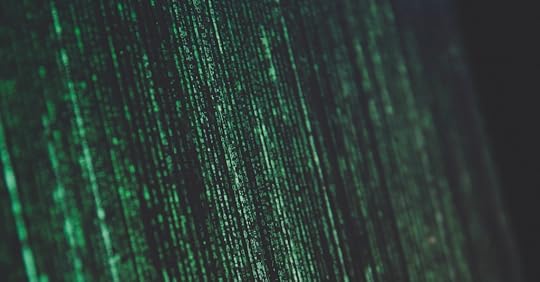The privacy threat of connected devices

Amazon Echo is amazing, and is on a disruptive path. Not only is Amazon Echo a quality speaker to play streaming music, it changes the way you access and interact with information (“the internet”).
Ask Alexa, Echo’s “intelligent personal assistant”, any question and she answers. Better yet, it’s the software, not the hardware, that matters. As “the brain” (Alexa) improves, Amazon Echo improves. You don’t necessarily need a new hardware version every two to three years, as with most gadgets.
Habits are changingJust ask for the weather report and Alexa tells you, courtesy of AccuWeather. You can set an alarm by voice commands, and of course purchase Amazon products. Echo changes the way you listen to music. No more clicking on an app on your smartphone or tablet — with Echo, just say the name of the streaming service and then what you want to listen to. The speaker isn’t for audiophiles, but it is good.
All in all, Echo removes the need to go to the laptop, tablet or smartphone to “do things” or look up information. We all have our favorite gadget in the family room. I have my smartphone, a laptop and two tablets — one for the web and one for streaming music. A $150 tablet and a sound bar do everything Echo does, without voice control.
Reviews give Echo 4–5 stars. PCMag.com gives it 4 stars and rates it an Editor’s Choice. “The app displays a history of all of the questions you ask Alexa,” the review reads. This lit a red light for me — not only I will be putting a live microphone in my family room and Amazon will hear everything that is said in my private life, it also records my activity on all the apps Alexa activates.
It’s enough that one of my connected devices is hacked, and all the other devices on the same network would be vulnerable as well. Many device manufacturers were not software companies very until recently, do they even know how to develop secured devices?
The Internet of Things is coming— internet powered devices are going to be ubiquitous in a few years. But there is one issue that Amazon, Google and the IoT industry has yet to deal with — privacy.
Gateway to the internetWhen I use my tablet and am Googling information, of course Google tracks my every move. But there is a sort of fragmentation of what we do on our mobile devices as opposed to the centralized Echo that consolidates all our activity.
Echo is a gateway to many other apps, and also to Alexa’s massive “brain”. When we ask Alexa to stream music on Spotify, it is saved in her brain. When we Google a keyword it is saved. When we play a movie, make purchases, or check the weather, all of this is saved. Alexa knows about all our activity on the apps that integrate with it.
The privacy standardWhatever Amazon tells me, I’m skeptical. Will I receive ads based on conversations I have with my wife? Imagine speaking of a health issue in the house and waking up to see “Recommendations” for a medicine or medical procedure on Google or Amazon?
The key to Amazon Echo and IoT in general is setting rules and building trust.
The early adaptors may not mind, but I’m not sure every American is going to put a live mic in the kitchen or family room without knowing their privacy is ensured.
A third party organization with standards is the only way to regulate IoT privacy and allow both manufacturers and consumers to choose the right balance between product quality and privacy.
It’s not black and white. Some people won’t mind a live mic that turns your words into ads and special offers. Think of the Energy Star standard for energy efficient consumer products. Most of us recognize it and know how to read it. I suggest the creation of the Privacy Star, for IoT devices, with standards such as:
Zero Privacy Expectations: Live microphone or camera possibly listening and watching everything, and transforming all seen or heard information into advertising content, including selling information to other vendors.
Privacy Gold Standard: Live microphone or camera used on IoT devices, but zero data is saved. You speak, the device performs, and zero data of what you did is available to anyone besides you. Most importantly though, is to certify that the device’s security has been optimized and it can’t be easily hacked.
I love Amazon Echo and IoT. However, these privacy issues are just a small example of the security issues that are much more complex. Startups that will choose the tackle this space have a huge problem to solve, and a huge potential for success if they actually make it. It might take a while for real security standards to evolve for the IoT industry, but no doubt this day will come sooner than later.
How about you? What privacy issues do you think IoT will have to deal with? How will connected devices affect our perception of privacy? Let me know your thoughts in the comments below.
Thanks for reading!


